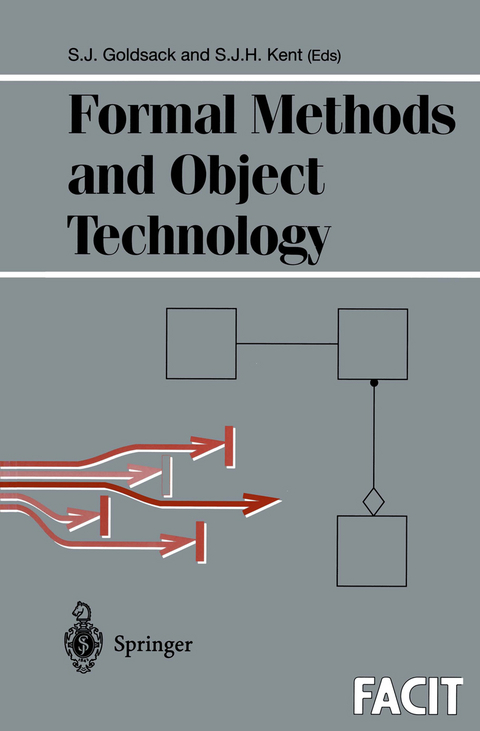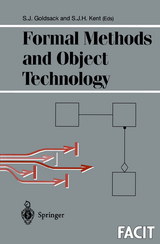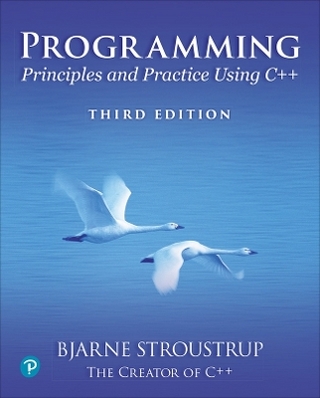Formal Methods and Object Technology
Springer Berlin (Verlag)
978-3-540-19977-9 (ISBN)
I Introduction.- 1 The Object Paradigm.- 2 Formality in Object Technology IT.- II Formal Methods in Object Technology.- 3 LOTOS in the Object-Oriented Analysis Process.- 4 The Impact of Inheritance on Software Structure.- III Object Technology in Formal Methods.- 5 D_Parlog++: Object-Oriented Logic Programming with Distributed Active Classes.- 6 Concurrency and Real-time in VDM++.- 7 Integrating Formal and Structured Methods in Object-Oriented System Development.- 8 Introducing Object-Oriented Concepts into a Net-Based Hierarchical Software Development Process.- IV Formal Foundations of Object Technology.- 9 Design Structures for Object-Based Systems.- 10 Interconnection of Object Specifications.- 11 Refinement of Concurrent Object-Oriented Programs.- 12 Static Typing for Object-Oriented Languages.- 13 A Note on the Semantics of Inclusion Polymorphism.- 14 Categorical Semantics for Object-Oriented Data-Specifications.- 15 A Type-Theoretic Basis for an Object-Oriented Refinement Calculus.
| Erscheint lt. Verlag | 26.4.1996 |
|---|---|
| Reihe/Serie | Formal Approaches to Computing and Information Technology (FACIT) |
| Zusatzinfo | XVIII, 368 p. |
| Verlagsort | London |
| Sprache | englisch |
| Maße | 155 x 235 mm |
| Gewicht | 590 g |
| Themenwelt | Mathematik / Informatik ► Informatik ► Programmiersprachen / -werkzeuge |
| Informatik ► Software Entwicklung ► Objektorientierung | |
| Informatik ► Theorie / Studium ► Künstliche Intelligenz / Robotik | |
| Schlagworte | Concurrency • C++ programming language • Development • EIFFEL • Formal Method • formal methods • Logic • object • Objective-C • programming • Semantics • Software • software development • Software engineering • verification |
| ISBN-10 | 3-540-19977-2 / 3540199772 |
| ISBN-13 | 978-3-540-19977-9 / 9783540199779 |
| Zustand | Neuware |
| Informationen gemäß Produktsicherheitsverordnung (GPSR) | |
| Haben Sie eine Frage zum Produkt? |
aus dem Bereich




